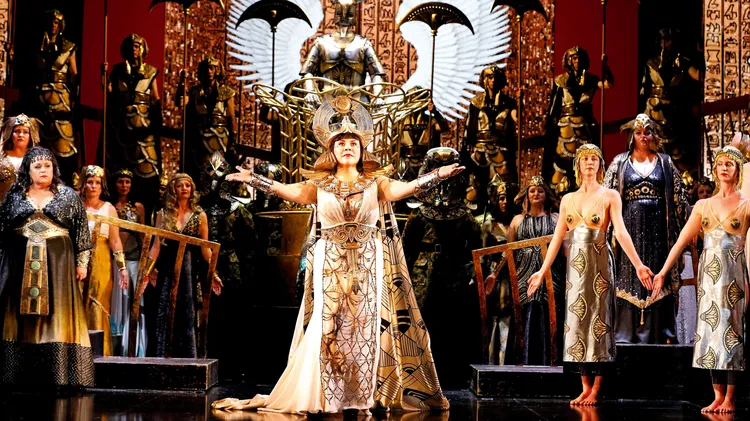Today, the term ‘diva’ is a long way removed from its glowing origins
Richard morrison
3 min read
This article is from...
Read this article and 8000+ more magazines and newspapers on Readly






